10 Tips for First Year Special Education Teachers
In this blog post today I’m sharing 10 tips for first year special education teachers. The first year is a rollercoaster of emotions! Trust me, every teacher you meet has been there. The excitement.. But also the nerves! And wanting to get started straight away but also wanting to relax this summer. It’s a whirlwind.

You’ll also start to feel overwhelmed. What should I be doing? How do I prepare? What do I prepare?
In an effort to try and ease some of that stress, I put together this blog post to share 10 of my best tips for preparing for your first year as a special educator.
1. Get Familiar with IEPs
What is an IEP?
IEP stands for Individualized Education Program. It is a legal document which outlines educational goals and accommodations specifically tailored to meet the individual needs of a student. The IEP is developed by a team of professionals, and also the student’s parents or guardians. It is to be reviewed and updated annually.
An IEP ensures that students are able to receive an education that meets their individual needs. It outlines the student’s present levels of academic achievement and functional performance, as well as the goals and objectives that will be addressed through special education and related services. In addition, it specifies any accommodations or modifications that will be provided to the student, as well as any supplementary aids and services that may be necessary for the student to make progress in their educational program.
IEPs can be the part of the job that many special educators struggle with. So I always encourage educators to familiarize yourself first with IEPs – whether it’s your first year teaching.. Or even your tenth year teaching. Different schools and districts may have different systems that they use for IEPs.
Working with IEPs
Start off by finding out what system your school uses for writing IEPs. If it’s your first year, you’re most likely going to be unfamiliar with most of these systems. So be proactive and reach out to your school to find out how you can have some training on the system they use. Whether this is run as an actual training session.. Or whether you can ‘buddy up’ with someone else in your school/district for them to run through the system with you.
You’re also going to want to sort out your login information in advance. Don’t leave it last minute to get all of this together and then you’re stressing trying to work everything out.
Now is also a good time to go through each of your student’s IEPs. Start to get familiar with what each students IEP is and to find out more about them. This will help you to start putting plans into place for your classroom and how to ensure it is a supportive and inclusive environment for all of your students.
I like to make a brief one page “IEP at a Glance” that I print out and have in the classroom on hand as well. This is great to use as a refresher not just for myself, but also for any new members of staff or supply staff that I may get.
2. Behavior Plans
BIPs stands for Behavior Intervention Plans. And if you’re starting to panic about all of these acronyms, try not to panic. You will start to pick them up as you go along. But for now, here’s a blog post with a huge list for you to refer to.
Some of your students may have behavior plans, but not all. Or you may be in a school where all of your students do have them. The main thing to remember in our field is that every school and/or district do things differently. So if you move schools in the future, just remember that it’s ok to feel a bit lost and need some support trying to figure things out.
If your students do have behavior plans, read through them and make some notes. There may be visuals, resources and supports written up in here that are helpful for the student. And you can work on getting these prepared ready for the new school year so you start as you mean to go on. Consistency is going to be your biggest secret for success.
3. Get Your Schedule Organized
I like to have a personal physical planner, a digital planner shared with my class team, and a physical planner in the classroom. Before the school year starts, I gather all of the dates for the year for IEPs meetings and due dates. This means that I can see in advance where things are, and this helps me to stay organized in advance. There is nothing worse than forgetting about an IEP meeting and having it sprung on you the week before!
If you require other professionals to be in those meetings, this is the perfect time to email them in advance so that everyone is aware of the dates and they can mark them on their calendars ready. This avoids any conflicts in schedules later on in the school year. For families, I usually send a note at the start of year for ‘scheduled dates’ for them with the statement that this may be subject to change. Then a month before the date, I ensure that it’s all good to go ahead and send another reminder home to families. This gives family members the chance to sort out work, childcare etc.
4. Plan your Classroom Set Up
Always go in with a plan for how you want to set up your classroom. If you’re unsure, I actually run an online training that teachers special educators exactly how to do this and set their classroom up for success. You can check it out here.
Make notes about what you think students need from your classroom. Is it more open space? Is it space that is sectioned off to turn the classroom into more structured areas? Where will you have things set up like work desks? How will you store work? Do you have a closet in your room? Planning out things like this in advance will mean that when you go into your classroom, you’re not sat staring at 4 walls feeling too overwhelmed to even get started!
5. Who Will You Be Working With?
Our role as special educators mean that we end up working with a lot of different professionals for our students. This can be internally within our school or externally. Start making notes of all the professionals currently involved with your students, along with any other staff within your school. Make a spreadsheet for your students and have contact details of all their linked professionals on here. Then save all those as contacts. This will make it quicker and easier for you to access these throughout the year. Those few minutes saved each time, really do add up!
6. Your Classroom Team
Will you have paraprofessionals working with you? I hope so! I’ve been blessed over the years to work with some truly amazing paraprofessionals. And when you have this team set up correctly.. The year is going to run sooo much smoother! Some links you may find helpful for this are;
- Delegating Jobs to Classroom Staff Podcast Episode
- Paraprofessional Binder
- Training for Paraprofessionals and Special Educators
- Tips for Classroom Assistants Podcast Episode
I recommend finding out about your team in advance. Then reach out to them. I love to set up a little get-together when school starts by bringing in a little special breakfast and some drinks. This gives us time to all sit down together and get to know each other. Also, don’t be afraid to ask them what they would love to achieve this school year. Use their strengths to help your classroom become even more positive and successful for your students.
My biggest tip though.. Whatever you expect your assistants to do.. Make sure you’re willing to do it yourself! Don’t always give jobs to them that you never do. If you can help with toileting, do it. Or behaviors.. Transition.. Don’t be afraid to get stuck in and help out too. It will really go a long way with your class team, I promise.
7. Prepare Your Curriculum
If you’ve followed me on here or my podcast, or even social media.. You’ll know that I love to be organized in advance. My years of experience do allow me the benefit of having a huge amount of resources already prepped that I can use year after year too. And it also means that I am usually pretty good at working out what level and skills students are working on now, and will be for the next few months.
As such, I typically prepare materials usually at around 3 months in advance. And I do this throughout the school year too. Some things may already be prepared from years previous and so I don’t need to do anything with those other than go through them and make sure that all of the pieces are still there and nothing needs re-printing/making/laminating.
By planning 3 months in advance, it gives me plenty of time to be organized. It also means if I end up off sick, or having a medical emergency.. Everything is already prepared. This includes my weekly plans. I have all of my weekly plans up on display in the classroom and all my staff know where to access that and all of the relevant materials.
This means everyone knows what’s coming and if I’m called out to a meeting or anything, my staff can look at the plan and carry on without me.
I do like at the start of the year to sit down and map out special dates/holidays that I want to celebrate. As well as outlining the themes that I want to cover throughout the school year, and when I want to cover them. This means that if I see things on sale, especially in the Target dollar spot! I can grab them in advance if they link to something I’m going to be doing later on in the year.
8. Focus on Relationships First
One of the most important tips I can give you, is to focus on building positive relationships with your students above everything else. Without that relationship there.. You’re going to really struggle throughout the school year. Also, be sure to encourage your classroom team to do the same. Humans click with different humans. Which means one student may take to one of your assistants better than with you. Don’t take that personal.. Use that as a strength!
You can find tips for building relationships with your students here.
9. Build Relationships with Students’ Families
This one is another big one. Many of my students are non-verbal and/or struggle to communicate with me. As such, I rely heavily on students’ families to inform me of what’s going on at home. That includes the good, the bad, and the ugly. This means that I really need them to trust me. Nobody really wants to share the bad details of their child – and especially not with a stranger.
So spending time to build those relationships and showing your families that you are there for them and their child.. And you want to help them so that their child achieves the best they can.. This will encourage better communication between everyone.
Here are some of my best tips for building those relationships.
But, I also need you to set boundaries. Right from the beginning.
Outline to families how they can contact you.. But also when.
Do not give your personal phone number. And do not make yourself available on evenings and weekends. Because the second you start doing this – you’ve set an expectation moving forward. This is really important and leads to my final tip..
10. Work and Life Balance
I’ll be honest. This one you are never going to fully achieve as an educator. But you can get real close. And I don’t say that to be negative. I just mean that our jobs are so different that it can be really, really hard for us to fine tune that work/life balance. But here are some tips and boundaries you can put in place, right from the beginning.. And they will hopefully help you on your way to getting that balance.
My best tips..
- There is no prize for being the first in the car park and the last to leave.
- You do not need to take work home on evenings and weekends.
- No is a full sentence. Do not feel like you have to say yes to everything that is asked of you.
- If you feel you have to check work emails throughout holidays; set a boundary I.E. I will check every 2 days and delegate 8am-8.30am on this.
- Comparison is the thief of joy. Do not compare yourself to ‘Pinterest-Perfect-Teachers’ as I like to call them.
- Everything comes with time. Do not compare your first day of your story to the 500th day of someone elses.
- Prioritize everything. Is it something you need to get done or just want to get done? Focus on needs first, then wants.
- You don’t have to do everything that you see on social media.
If this is your first school year, I wish you all of the luck and excitement! I know you are going to really enjoy the experience. And if you have a bad day- that’s ok! Sit down, have a relax at the end of the day and think about how you can change things that maybe happened. Every day is a learning experience. And for every bad day.. There’s 100 good days!
What other tips would you give to new teachers? Leave a comment below.
Nikki
P.S. Have you heard about the amazing Task Box Library? There’s over 300 task boxes included, as well as a bunch of different information, training and assessments for you! If you love task boxes.. You’ll love this. Check it out here.
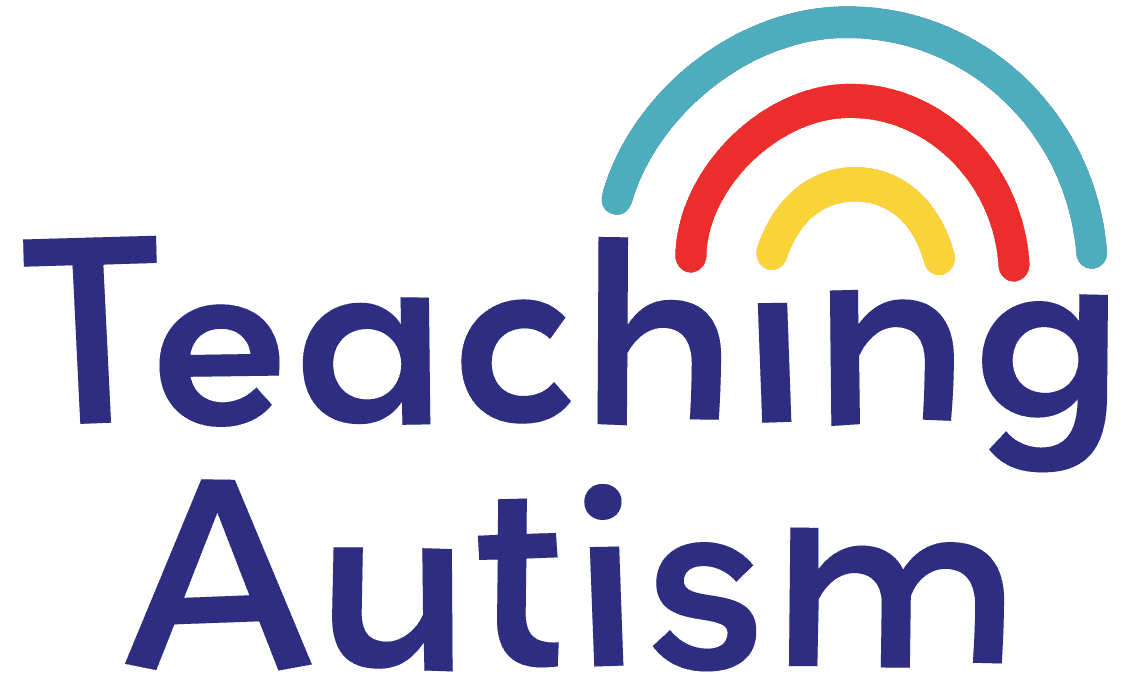

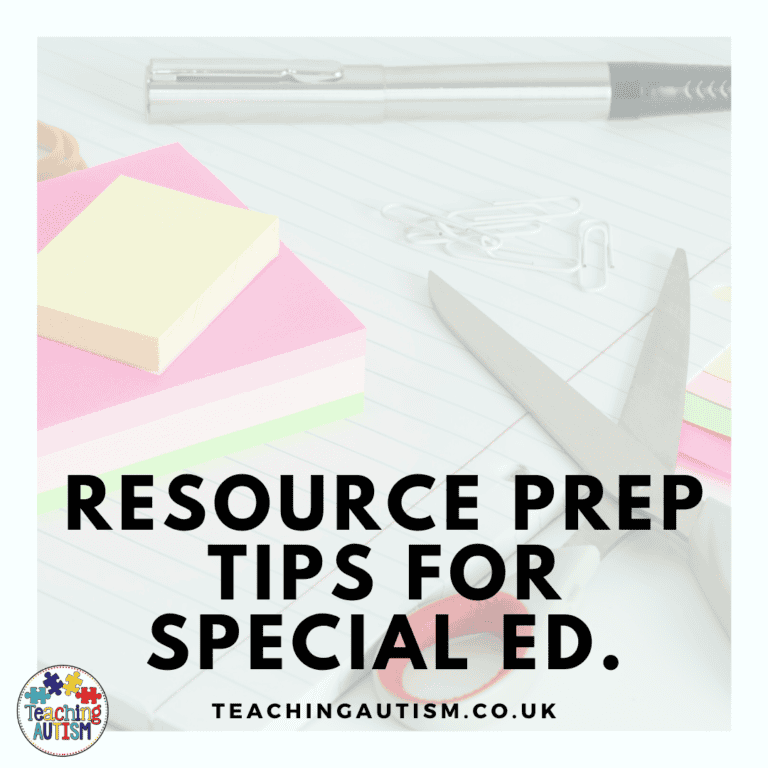

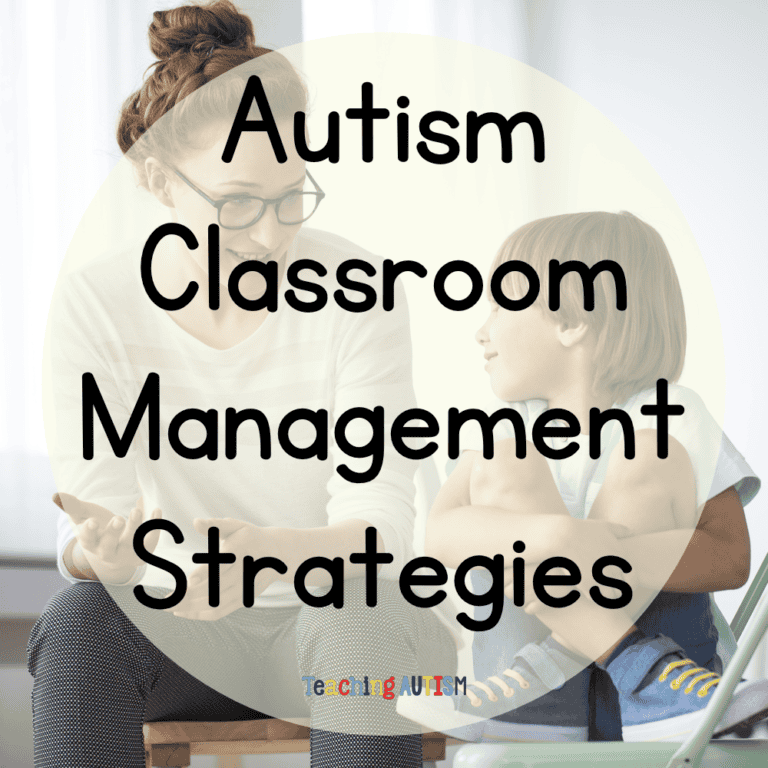
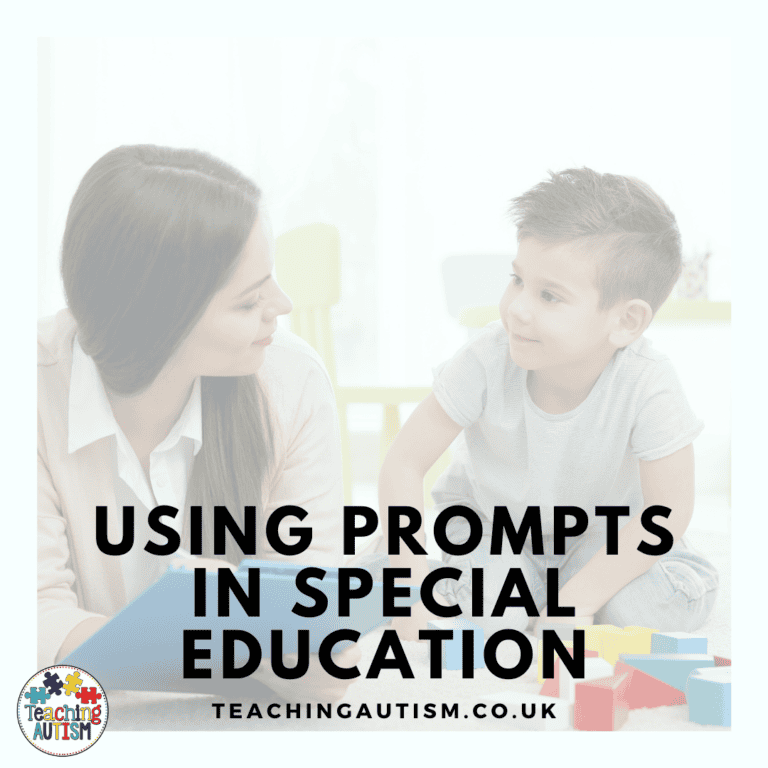

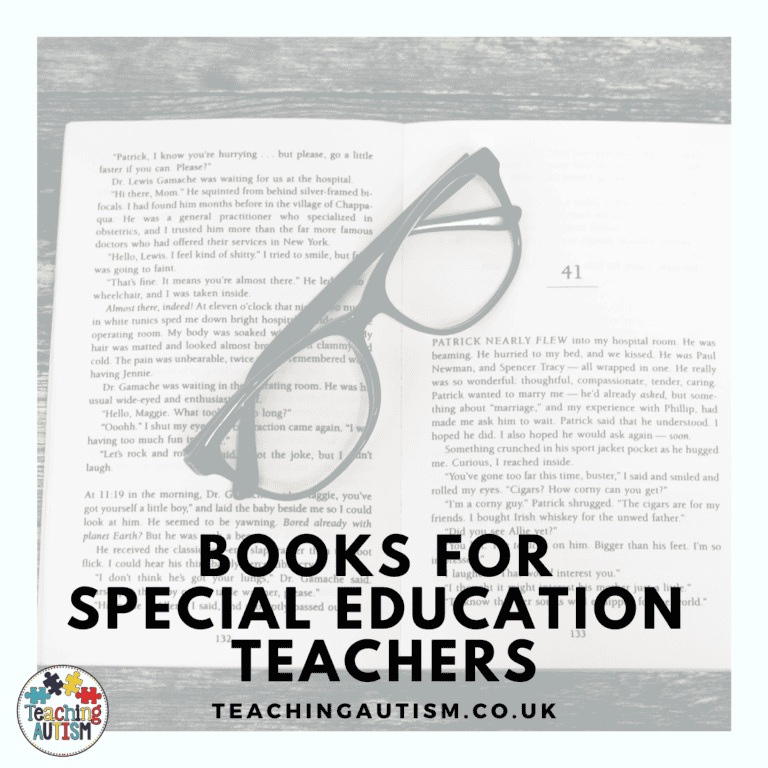
One Comment